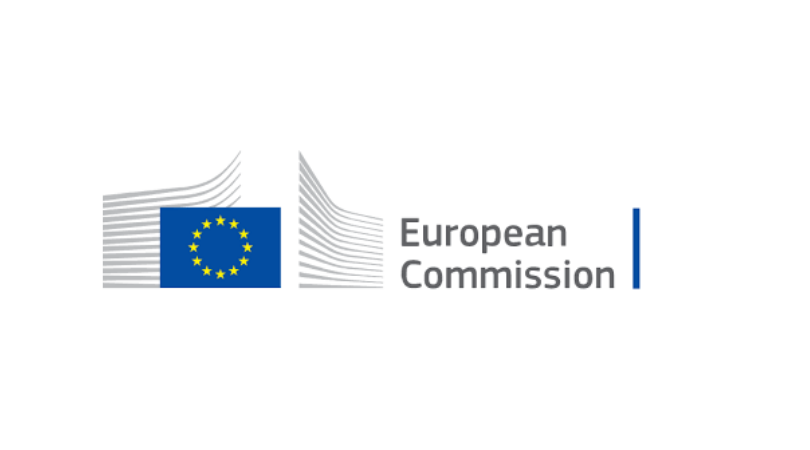The European Commission is considering a minimum revenue threshold for companies operating a future consolidated tape – with failure to meet these targets potentially leading to a change of leadership.
According to documents seen by the Financial Times, a meeting is set to take place on Thursday where EU officials and industry members will discuss the proposal to withdraw a data provider’s tender to operate the trading infrastructure should they fail to hit turnover targets within two years.
Rainer Riess, director-general of the Federation of European Securities Exchanges (FESE), which represents 35 lit venues including the 14 that submitted a joint bid proposal to operate the consolidated tape, said the prospect of ejecting the data provider running the infrastructure would prevent the realisation of a functional Capital Markets Union (CMU).
The proposal also estimates around 10,500 fund managers would form the tape’s userbase, with tiered pricing and only the largest asset managers expected to opt for the most expensive data offering.
Last week, Vanguard, Invesco and AXA Investment Managers became the latest to join a group of 17 led by consultancy firm Adamantia, proposing to establish a tape based on real-time pre and post-trade data.
Adamantia said it is seeking the best IT provider to operate the technology underlying the consolidated tape, contingent on the outcome of the current trialogue process between EU bodies to decide what form the tape should take.
At ETF Stream’s ETF Ecosystem Unwrapped 2023 event last week, Tilman Lueder, head of securities markets at the European Commission, called on asset managers to make a commercial commitment to facilitate legislation for a consolidated tape with real-time pre-trade data.
“This is the first legislative process in a long time that is in reality a commercial negotiation between two sides that are not directly at the table”, he said.
“It is all about the money. This is an interesting juncture in the negotiation as we cannot expect data contributors to contribute data to a counterpart that is not willing to negotiate on the price of that data.”







